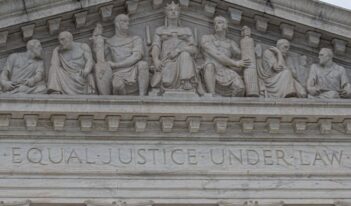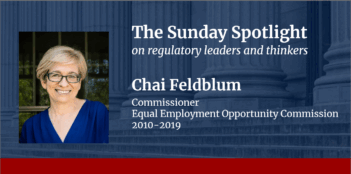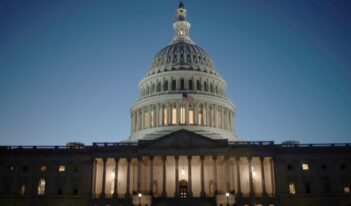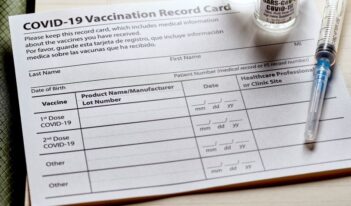Stewardship or Censorship at the FCC
Experts debate whether the FCC is necessary to the information marketplace or a dangerous anachronism.
Do Digital Regulations Hinder Innovation?
Scholar offers alternative explanations on why the European Union falls behind in technological progress.
Delegated Discretion is the New Deference
Scholar suggests that recent shifts in administrative law will matter less than critics fear and supporters hope.
Orbital Debris Mitigation Guidelines
Scholars address methods to ensure the long-term sustainability of low-Earth orbit.
The Supreme Court Should Overturn the Fairness Doctrine
The Court should no longer allow the government to require that broadcasters air opposing views on public issues.
Promoting Workplace Equality
Chai Feldblum discusses the role of administrative agencies in advancing workplace equality and protecting civil rights.
Insurance Coverage After the “One Big Beautiful” Health Reform
The recently enacted megalaw is expected to restrict access to Medicaid and marketplace health insurance to millions of individuals.
Kennedy’s Influence on Vaccines
Recent actions by HHS focus on vaccine attitudes, use, and development.
The Digital Dollar Divide
Two recent acts of Congress represent a unique approach to digital currency regulation.
Adding Autism Claims to the VICP Would Likely Destroy It
The costs of covering serious autism cases under the National Vaccine Injury Compensation Program (VICP) could undermine childhood vaccine production.
What to Do When the Rent is Too High?
Economists and legal scholars weigh the trade-offs of rent-control amid rising housing costs.












